Upcoming Events
Upcoming Events



Upcoming Events

Established in 2019
About the Centre
Indigenous Knowledge is considered as the social capital of the people. It is main asset to invest in the struggle for survival, to produce food, to provide for shelter and to achieve control of their own lives. Most of the indigenous knowledge disappears due to the intrusion of foreign technologies and development concepts that promise short-term gains or solutions to problems without being capable of sustaining them. The tragedy of the disappearance of this knowledge system is most obvious to those who have developed it and make a living through it. But the implication for others can be detrimental as well, when skills, technologies, artifacts, problems solving strategies and expertise are lost. Although indigenous knowledge may be focused on particular individuals and may achieve a degree of coherence in rituals and other symbolic constructs, its distribution is always fragmentary. Generally, it does not exist in its totality in any one place or individual. It is devolved in the practices and interactions in which people engage them. Despite claims for the existence of culture-wide (indeed universal) abstract classifications of knowledge based on non-functional criteria; where indigenous knowledge is at its densest and directly applicable its organization is essentially functional. Indigenous knowledge is characteristically situated within broader cultural traditions; separating the technical from the nontechnical, the rational from the non-rational is problematic. Indigenous knowledge systems have a broad perspective of the ecosystems and of sustainable ways of using natural resources. However, colonial education perspective of the ecosystems and of sustainable ways of using natural resources. It has also replaced the practical everyday life aspects of indigenous knowledge and ways of learning with western ideas theoretical knowledge and academic ways of learning. Today, there is a grave risk that much indigenous knowledge is being lost and along with it, valuable knowledge about ways of living sustainably both ecologically and socially. Therefore, indigenous knowledge systems have not been systematically recorded in written form and are not readily accessible to agricultural researchers, development practitioners, and policymakers. Recently some workers have shown the interest on indigenous knowledge and they have detailed overview and a general explanation of indigenous knowledge, with a particular emphasis on genetic resources, pastoral management, agro-forestry and offered a more succinct discussion. However, still there is a grave risk that much indigenous knowledge is being lost and along with-it valuable knowledge about ways of living sustainably both ecologically and socially.
While looking at the need of the importance and urgency of Indigenous Knowledge our former Vice Chancellor Prof. R.P. Tiwari, Dr. Harisingh Gour Vishwavidyalaya, Sagar, M.P., India has established a Centre for Studies on Indigenous Knowledge on 6 March, 2019 under the In-charge ship of Prof. K.K.N. Sharma, (Former Head, Department of Anthropology), Dean, School of Applied Sciences. The objectives of the Centre are to conserve indigenous knowledge with sustainability and encourage academics, policy makers, scientists and students to gain enhanced respect for local culture, its wisdom and its environmental ethics. The Centre is continuously working with new approaches and flourishing research on recent topics of applied aspects. The Centre has organized several successful events, like seminars and conferences, workshops, invited lectures. Several traditional healers including Nadi Vaids gave their presence in the seminars and multiple stalls of traditional medicines were arranged in the Gour Samadhi (University Ground) and Centre premises. People were benefitted from the presence of the healers and medicines provided by them.
AIMs of the Centre
The aim of the Centre is and will be to carry out researches on the relevance of indigenous knowledge, to produce new research methods for studying indigenous knowledge and maintain a directory of indigenous knowledge keepers and traditional healers so that exposure will be given to them from time to time.
Objectives of the Centre
The objectives of the Centre are to conserve indigenous knowledge with sustainability and encourage academics, policy makers, scientists and students to gain enhanced respect for local culture, its wisdom and its environmental ethics.
Director (I/C), CSIK
 Prof. Umesh K. Patil
Prof. Umesh K. Patil
Professor In-Charge/Coordinator
Mob: +91 9425172165
E-Mail: This email address is being protected from spambots. You need JavaScript enabled to view it.
View Profile
Staff
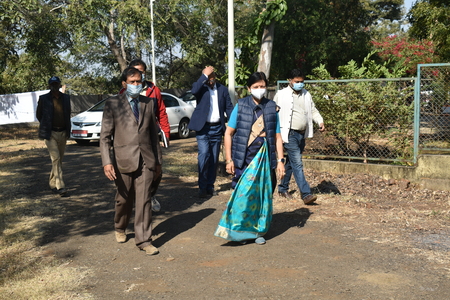 |
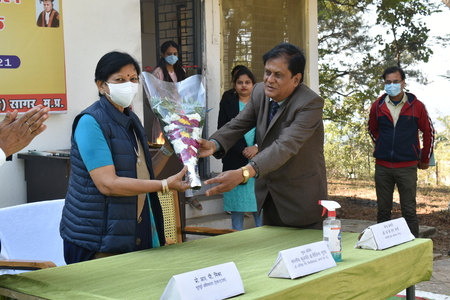 |
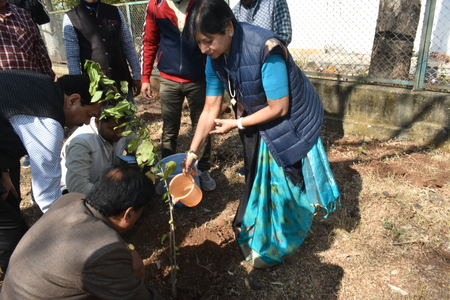 |
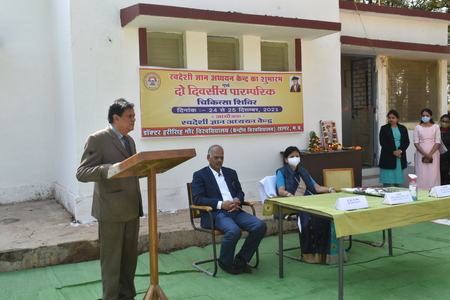 |
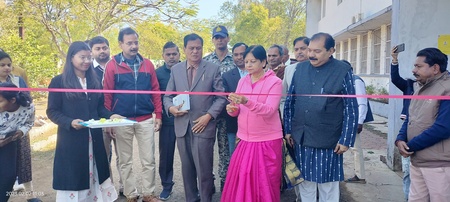 |
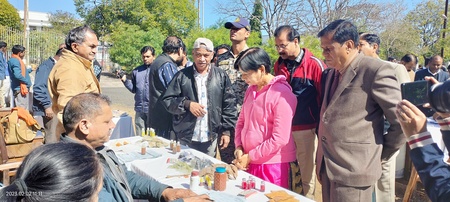 |
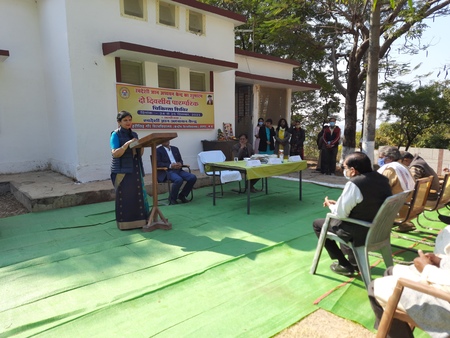 |
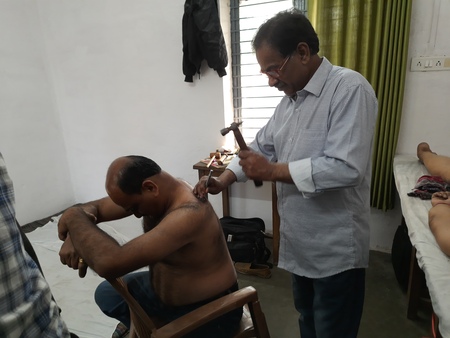 |
 |
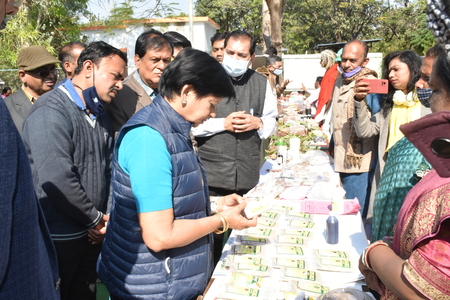 |
 |
 |
 |
 |
 |
 |
 |
 |
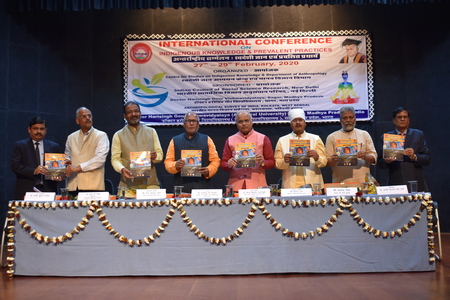 |
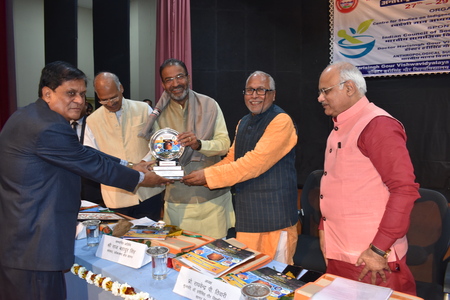 |
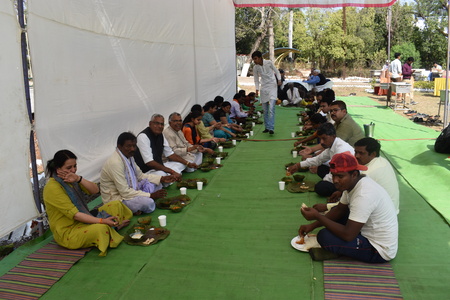 |
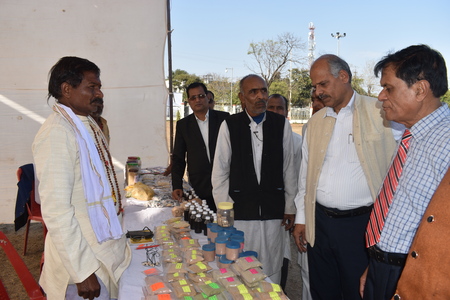 |
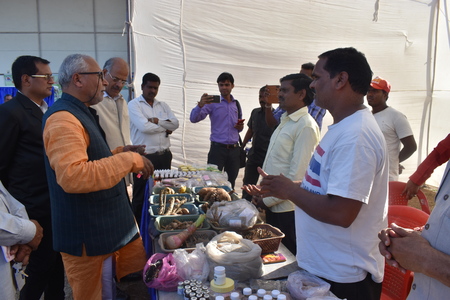 |
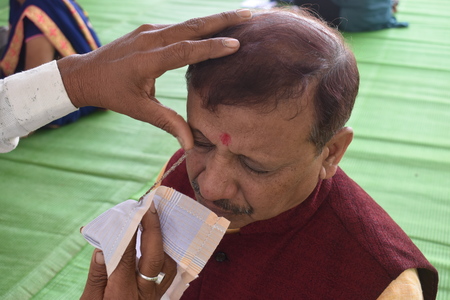 |
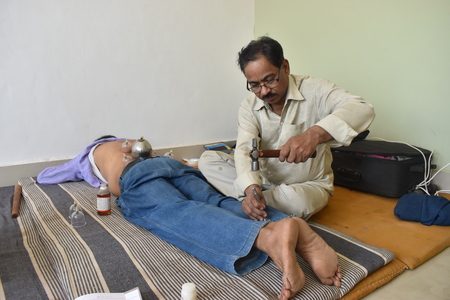 |
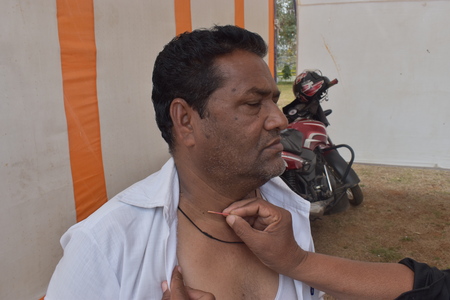 |
 |
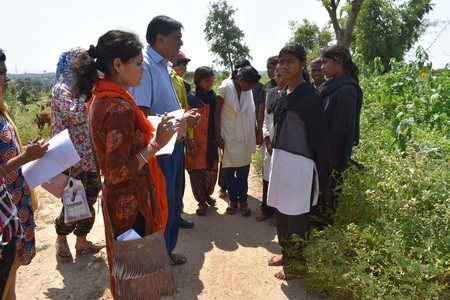 |
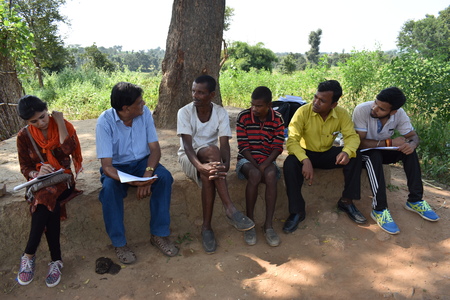 |
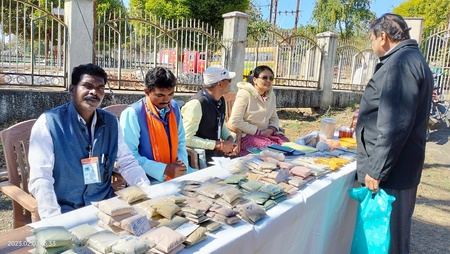 |
B-1, Centre for Studies on Indigenous Knowledge
Boys Hostel Road,
Dr. HarisinghGourVishwavidyalaya (A Central University)
Sagar-470003 (M.P.)
Mob: +91 9425172479
E-Mail:This email address is being protected from spambots. You need JavaScript enabled to view it.